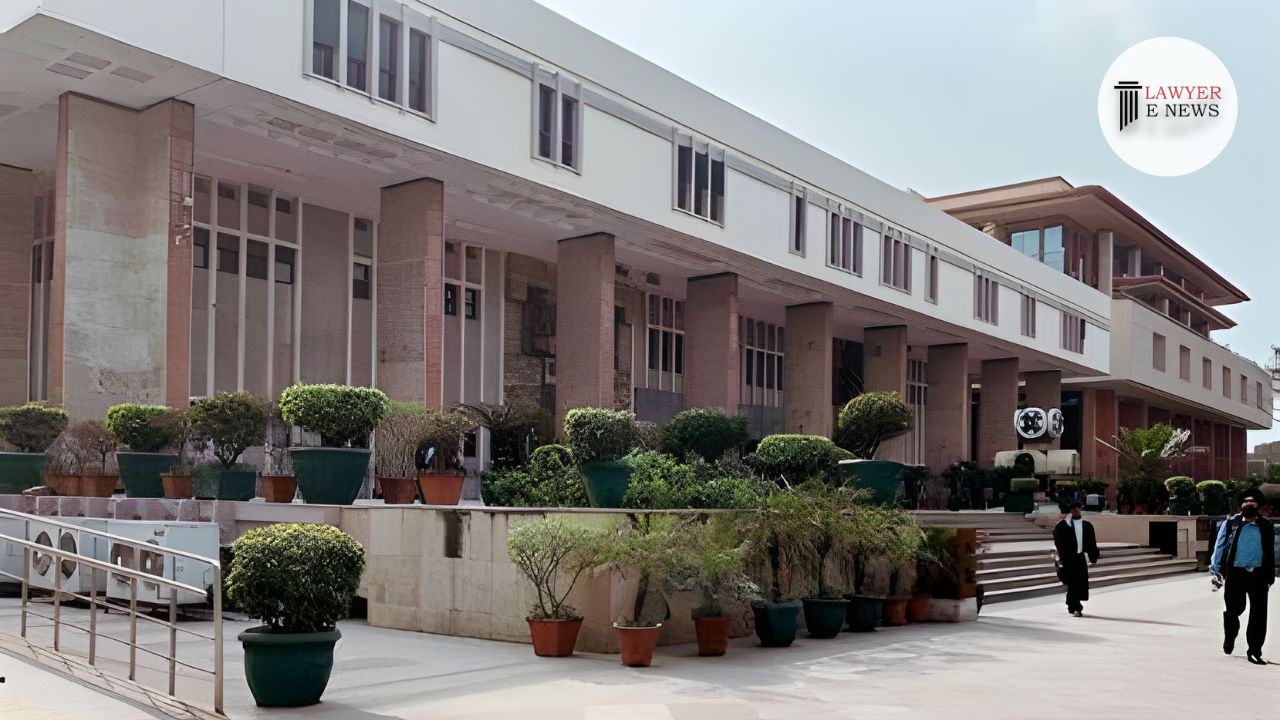-
by sayum
14 February 2026 2:22 PM



In a significant ruling, the Delhi High Court has set aside an order by the Central Information Commission (CIC) that directed the disclosure of information under the Right to Information (RTI) Act, emphasizing the primacy of the Income Tax Act over the RTI Act in matters of information disclosure about an assessee.
The core legal issue in this case revolved around the conflict between the Right to Information Act, 2005, and the Income Tax Act, 1961. The petitioner, Central Public Information Officer, challenged the CIC’s order, which mandated the disclosure of information under the RTI Act. The information pertained to the application for exemption/deduction under Section 80G(2)(b) for donations to SHRI RAM JANMABHOOMI TEERTH KSHETRA.
The respondent filed an RTI application seeking various documents related to SHRI RAM JANMABHOOMI TEERTH KSHETRA’s application for tax exemption/deduction. The information was initially denied under Section 8(1)(j) of the RTI Act, and the CIC’s subsequent order to disclose the information led to this legal challenge.
Justice Subramonium Prasad, in his judgment, underscored the necessity of adhering to the legal provisions of the Income Tax Act, which restrict the disclosure of information about an assessee. The court highlighted that Section 138(1)(b) of the Income Tax Act takes precedence over the RTI Act, requiring the satisfaction of specified authorities before disclosing such information. The judgment also emphasized the legal obligation to follow judicial hierarchy and precedents set by larger benches and the Apex Court.
The High Court quashed the CIC order allowing the disclosure under the RTI Act, affirming the overriding effect of the specific provisions of the Income Tax Act. However, the court noted that it is open for the respondent to approach the appropriate authority under the Income Tax Act to seek the requested information.
Date of Decision: 28 February 2024
Central Public Information Officer vs. Kailash Chandra Moondra
